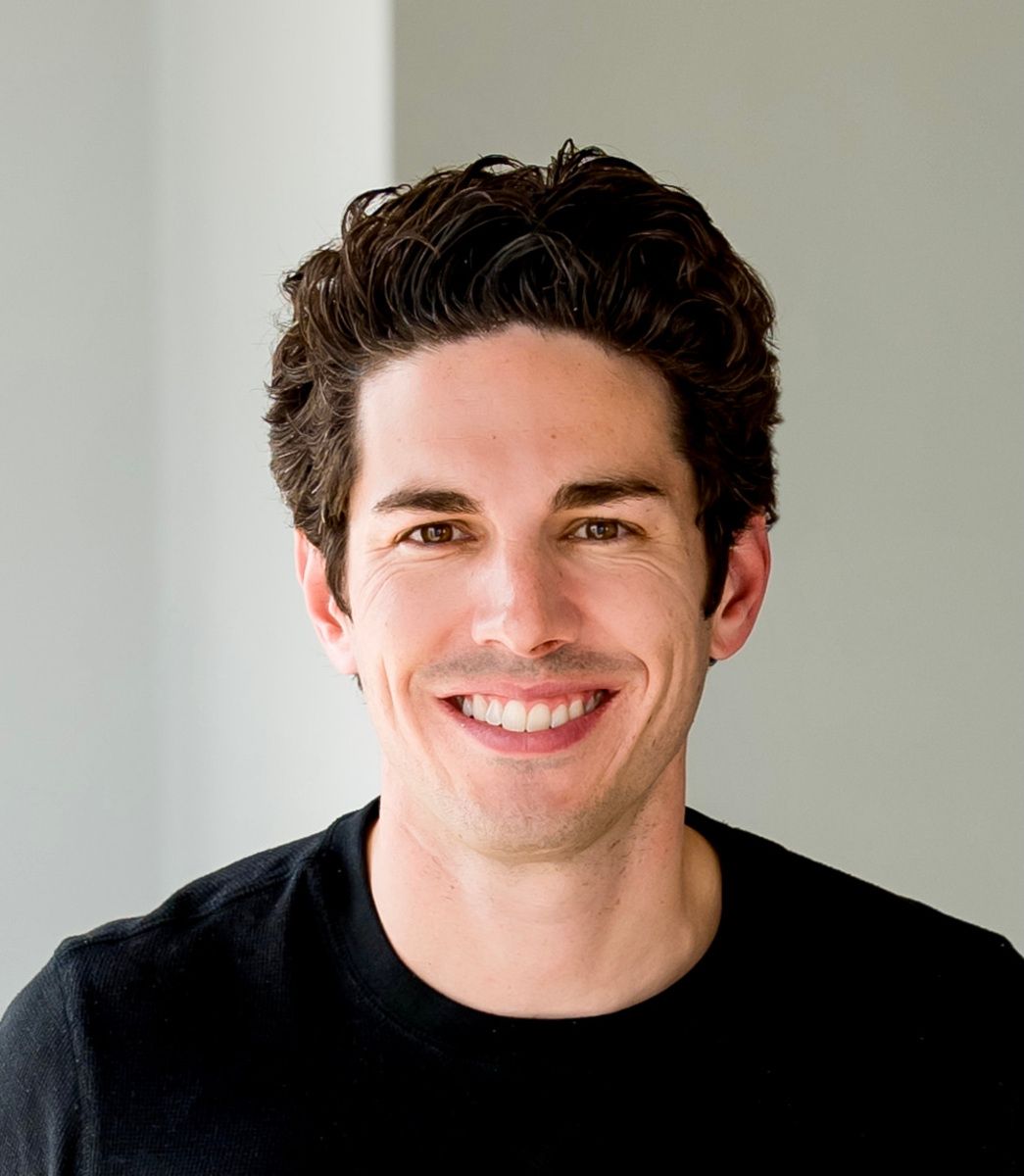If you’re new to this newsletter, click here to access the rest of my newsletter articles such as the “Why We Passed on this Startup” series, reflections on investing, and tactics on winning in the market. Now, onto today’s post!

At one time, I saw this post on LinkedIn….
I really despise posts like this for two reasons.

How I Feel About These Posts
I despise data like this. The logic here is overt.
It infers there is a way of thinking in venture capital that “eliteness” is a common denominator of investor decision making. That where someone went to school and the companies that someone worked at is an important part of the investor’s consideration set. It carries this sequential logic that a person who goes to the best schools in the world, works at the top companies in the world, must then go to the top startup accelerator in the world.
I despise data like this for two reasons.
There are elements of startups and venture capital that are insular to begin with. Then, when we layer on data like this, it carries a message that says, “This is who we really invest in.”
But it also carries a more subtler message that says, “If you aren’t part of this group, you don’t belong. Here is the list of people who really belong at the top startup accelerator in the world. To the rest of you, cheers!”
It bothers me because it hits a personal chord from my own founder experience.
And it bothers me because this data is just not how actual startup reality works. Instead of being confined to certain schools, companies, or accelerator brands, the great thing that I love about startups and venture capital is that that opportunity is widely distributed.
Beyond the Brands on the Resumè
On a personal level, when I was a startup founder, I recall several times that a VC asked me in an investor meeting, “Where did you go to school?”
The first time I got this question, I thought, “Why does that matter?”
And yet, I came to learn as a founder, and now see as an investor, there is a vein of venture capital investors this “where they came from” mindset is the departure point for them in investing. This just irks me.
The Mark Zuckerburg story is almost too perfect of a story of success in tech, as it validates this brand-thinking. A person studies computer science at Harvard, the best academic institution in the world. He hacks together something in his dorm room that shows promise. Literally has the guts to forsake that world-class education and drop out of Harvard where any of us “normal people” would love to go to, to take an opportunity on a fledgling tech company. Zuckerburg raises money from one of the top VCs in Silicon Valley, Peter Thiel, picks up some of the top VCs in Silicon Valley along the way, eventually goes on to build one of the biggest technology companies of all time, Facebook, now Meta.
The story wouldn’t have the same level of zest if it started as, Mark Zuckerburg dropped out of Olivet Nazarene University. This is the college where I did my undergrad. By the way, choosing to go there was one of the best decisions I ever made, let alone the fact that I met my wife there!). But this change of context doesn’t have the same spice, the same “ooo” and “aw” factor.
Growing up, over the years, I often found myself caught in this brand-trap thinking - about where I went to school, the mediocre opportunities that I had versus some of my peers who seemed to get great opportunities that would land them on their feet.
And if I’m being honest, when I was a founder, this brand-trap thinking plunged me often in a valley of discouragement. For context, I co-founded a bond trading startup.
On one occasion, I had just came from an industry conference where the biggest banks and institutions would come, and many of the other bond trading startups like myself would attend as well. To take you into my mind for a minute, I’m at this conference, me, guy who went to a small private school in the Chicagoland area, with a fraction of the finance experience that these other bond trading startup CEOs had.
On May 18th, 2017 I wrote the following reflection in my journal,
“I feel overwhelmed because I saw CEOs of X Company that has raised $27 million, the CEO of Y Company that has raised $15M,” and I listed a few more companies. I continued to write, “These CEOs are Harvard or Ivy League people who have worked at Goldman Sachs or at the top banks. They have pedigree. They have connections. Whenever I saw them, they were talking with people at the conference. I could tell they were liked.
And then I said, “I sometimes tend to feel discouraged because I feel completely in a different league.”
Maybe you can relate.
I’m so resistant to this brand-trap thinking because I continually felt out of my league as a founder. So I don’t want anyone else to feel the way that I did.
But, over the years, my late father, who was also the co-founder of our bond trading startup, told me a story. A story that I am going to share right now. A story that underscores the point that where you came from does not determine where you are going.
The Lesson that My Father Taught Me
In September of 1965 in Arkansas, a boy was born as the youngest of 12 children in a working-class family. At the age of 12, this boy’s father had a stroke, which left his father disabled and unable to work. This placed a heavy burden on the family.
Growing up, this boy played basketball. In high school, he was relatively small, standing at 6'1" during his sophomore year. He didn’t even play much on his high school varsity team because he was overlooked and lacked the physicality of some of the more prominent players. Despite this, he worked relentlessly on his game, and by his senior year, this boy, now a man, had grown to about 6'7”. Yet, he went into college without any basketball scholarships in hand.
This man ended up attending the University of Central Arkansas. UCA was not known as a basketball school. In fact, at the time, it was an NCAA Division II, which meant that it wasn’t on the typical track of NBA scouts. Furthermore, this man didn’t even have a spot on the basketball team. But, he decided to try out for the team as a walk-on. He later made the team and became one of the top players in the conference, averaging 23 points a game during his college career. With this superlative success, NBA scouts noticed him, and this man eventually entered the 1987 NBA Draft, where the Chicago Bulls took a chance on him.
This player’s name was Scottie Pippen.
The name Scottie Pippen might not mean anything to you. But the name, Michael Jordan, certainly will.
Michael Jordan and Scottie Pippen were the #1 and #2 players on the Chicago Bulls from the late 1980s to the late 1990s. I grew up in the Chicagoland area and grew up watching the Chicago Bulls on TV, which is one of the reasons why this story has deep emotional connection to me.
If you know anything about basketball and the legacy of the Chicago Bulls, you know that Jordan and Pippen were the perfect complement to each other. Jordan was the leader of the team and the go-to scorer, constantly drawing the attention of the opposing team. But Pippen is regarded as one of the best all-around players in the game, often defending the opposing team’s best players, moving the ball around on offense to divert attention away from Jordan, as well as creating his own scoring opportunities.
Michael Jordan and Scottie Pippen won 6 NBA championships together with the Chicago Bulls. 1991-1993, and 1996-1998.
Now, Michael Jordan, arguably the best basketball player of all time, went to the University of North Carolina, a university known for having and still continuing to have one of the top college basketball programs in the country. It’s hardly surprising that Jordan went there.
And yet, Scottie Pippen, who didn’t even have a basketball scholarship entering college, attended Central Arkansas University - a university hardly known for its basketball program - and literally joined the team as a walk-on.
My father would tell me, “Where you went to school, where you worked, etc. does not determine where you are going. Both of these players originated from a completely different story, but ended up on the same team, playing side by side at the same professional level. Winning 6 NBA Championships together.”
✅ Where you came from does not determine where you are going. ✅
Not Where You Came From, but What You Did
If you were to look back at your academic career, there are probably 3-5 memorable quotes that a person or a professor said that you really grabbed onto. That for me, happened in my MBA program in Operations Management class at Indiana University.
Towards the end of the course, the professor said something to the effect of,
“In my experience, I’ve worked with professionals from the top schools in the world, to some professionals from very unrecognizable schools, to not some going to school at all.
✅ And I’ve seen that in business, it really all comes down to one fundamental thing - how that person can execute.” ✅
I feel so refreshed by that simplistic approach.
Taking Up the Company Baton
When investing in startups, there is not one time that I remember thinking about anything along the vein of these two charts above - that this founder went to X school, and because they went there, it impacted Tundra Angels’ decision to invest.
Instead, here are some of the things that we do pay attention to.
One of our portfolio CEOs, Dr. Carol Hischmugl of COnovate, is a great example of this. COnovate has developed a new compound called COphite, a compound that can replace or blend with graphite, the typical negative end of a battery. COphite can be made can be made from natural feedstocks and has been proven to give a battery highly superior performance advantages.
When Tundra Angels was doing due diligence on COnovate in early 2021, we were discussing with Carol the time frame of their technology development. Looking at the timeline, if I recall correctly, they had made the discovery of the nanomaterial in 2010, and here it was 2021. I was initially surprised by the very long time frame to commercialization and now their pre-seed round, so I asked about it.
Carol told me, “My co-founder and co-inventor and I are scientists and researchers. For a number of years after we discovered it and were developing it, we thought that someone who was seasoned in the commercialization and funding process would become CEO of the company and take this to market. But then there was a point when we realized that this person just wasn’t going to come. When we secured a patent in 2016 for the material, we were faced with two choices - either do nothing with this technology and not seeing the impact it could have on society, or take it up ourselves. So, even though we spent our lives in research, we decided to take it up ourselves into founding this company and moving it forward.”
I respected the heck out of that statement.
Now, having seen her in action for the last four years, I’ll tell you that Carol is one of the best executors out there. So, a change of motion from being a researcher into learning a new skill set to now becoming an incredible commercial CEO, was all possible because of her execution.
Closing Thoughts
The reason that I love the stories of Carol, and of Scottie Pippen is that underscores the true point that where you have come from does not determine where you are going.
It allows us re-frame what we initially think are important milestones in the story, academic brands, company brands, or an accelerator or VC brand that you are associated with - and put them in their place as minor details.
It allows us to forsake the brand-trap thinking of, “If you aren’t part of this group, you don’t belong.”
We may see entrepreneurs like Mark Zuckerburg who went to Harvard, or basketball players like Michael Jordan who went to the University of North Carolina. It seems to make sense.
But then we see in the same picture frame as Michael Jordan another player named Scottie Pippen, who was a walk-on to the basketball team at Central Arkansas University - a school completely unknown or unfollowed by NBA scouts. And yet, Pippen went on to be the #2 player the Chicago Bulls on one one of the best sports dynasties of all time. Comparing these two men in the picture, it can make us think,
“You’re not supposed to be there.”
But that’s exactly the point.
✅ Because the people who often are “not supposed to be there”, are often the exact people that the world needs to be there. ✅
Click here to access the rest of the newsletter articles.
Here are some of the recent ones!





